We all try and do our bit when it comes to sustainable living. Whether that’s cutting down on single-use plastics, adopting a more plant-based diet, or a strict home recycling system. They’re little steps that can make a large impact. However, there’s one elephant in the room, and that’s travel. Like you, I’m extremely conscious of my environmental impact, but a life without travel seems almost unimaginable. Travel gives me life, it gives me a sense of purpose, it’s what drives me and what excites me most. Could I be without it? Selfishly, no. Can I make a conscious effort to travel in a more sustainable and eco-friendly manner? Absolutely.
See, whilst I’m not cutting travel out of my life, I am eagerly looking for ways I can be a better traveller. After a couple of years of staycations, it’s natural we’re all ready to get back out into the world, filling up our favourite destinations once more. It’s no big secret that Spain, and in particular the Balearic Islands are a holiday hotspot, but with hordes of tourists flocking back to the beautiful beaches, you have to stop and wonder, what is the environmental impact of this?
In a bid to tackle this issue, there has been significant investment in the Balearics, with Mallorca and Ibiza both benefiting from the sustainable tourism tax. Local authorities are working hard to make these islands greener and more sustainable with a series of different initiatives. Hotels with a focus on sustainability are also popping up on the islands, making it easier for us as tourists to minimise our impact as individuals.
Explore Mallorca the sustainable way
Mallorca is an island that will truly capture your heart, one visit will simply never be enough. Whilst Palma de Mallorca is one of the more popular areas of the island, if you want to explore Mallorca the more sustainable way, instead of heading to the island hotspots, seek out quieter, more rural areas of the island.
The traditional Mallorcan town of Alaró nestled in the slopes of the Tramuntana mountain range makes for a beautiful base, and is particularly favoured by hikers thanks to its many popular walking trails. Hike up the Castell d’Alaró, cycle around the well-maintained mountain roads, and be sure to visit the weekly market which you’ll find every Saturday morning in the town’s main square. Looking for adventure? An exhilarating tour with Offroad Mallorca is one of the best ways to discover the exquisite landscapes of the Serra de Tramuntana. If you want to support local craftsmen, head over to the last remaining boot factory, Tony Mora, who have been making cowboy boots in Mallorca for over 100 years. Workshops are available, or you can pop by the factory shop for your very own pair. Yeehaw!
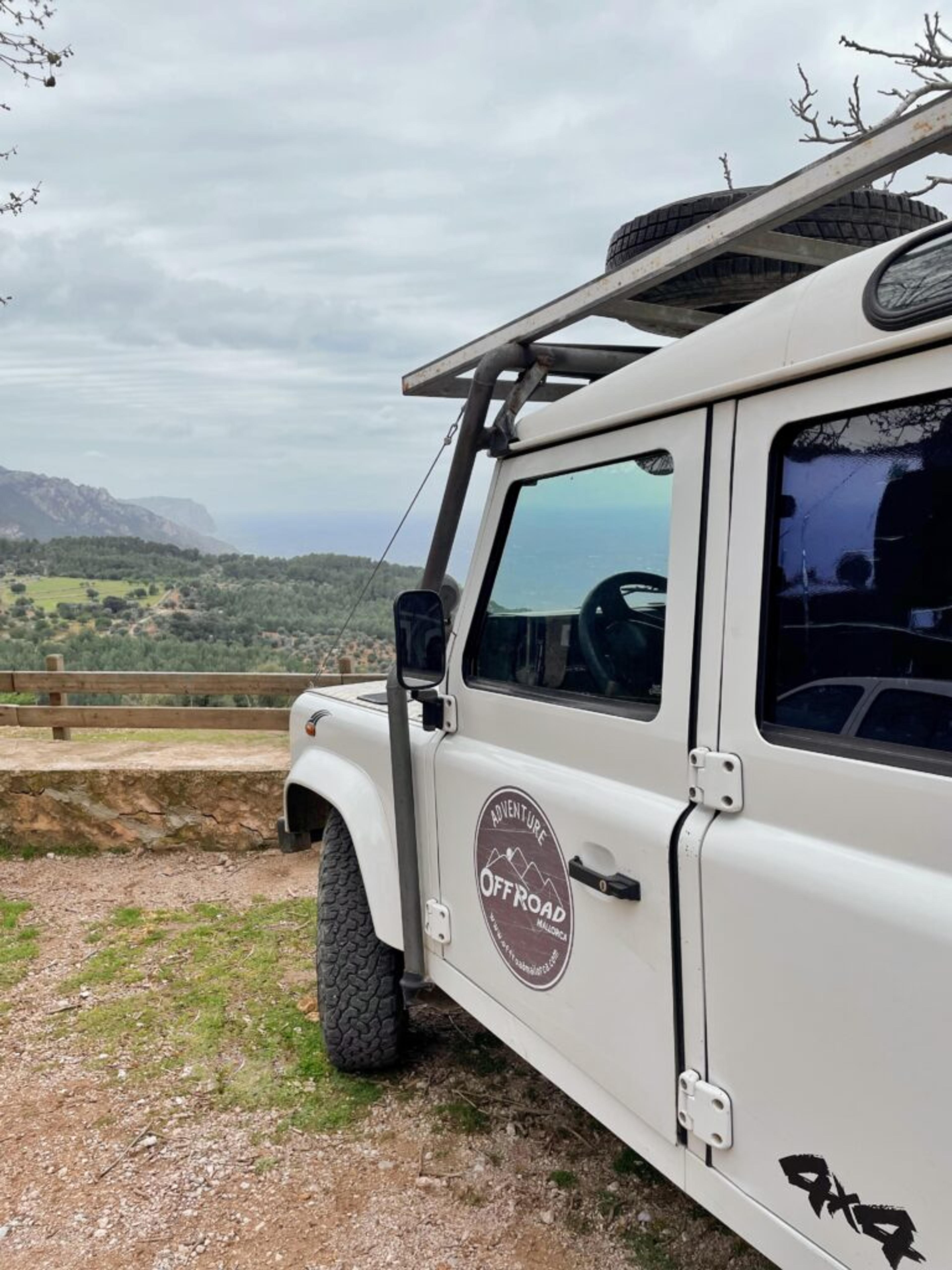
One of the key projects supported by the sustainable tourism tax here is a construction project in the Cases de ses Collidores Refuge. In order to prevent the loss of a heritage site, funds were awarded to this project in 2016 to transform former olive pickers’ houses on the Planícia public estate. Rescuing them from becoming derelict and instead making the buildings available for public use as mountain refuges. This will be ideal for the many hikers in this part of the island looking for an overnight rest stop, and the fact that it is surrounded by beautiful natural landscapes is a real bonus.
After a few days in Alaró, it’s only natural you’ll want to explore more of this beautiful island, and the peaceful coastal village of Deià will take your breath away. Perched on a ravine at the foot of the Teix mountain, this village is arguably the prettiest on the island. The landscape has in fact been awarded World Heritage Site status. With an abundance of local restaurants to enjoy and plenty of sights to see, you’ll be glad you added this superb destination to your itinerary.
Likewise, the idyllic town of Valldemossa is another hidden gem you won’t want to miss on your travels in Mallorca. This historic mountain town is rich in cultural heritage, attracting many creatives over the years. In fact, it is here where Polish composer Frédéric Chopin and his lover, the French writer George Sand, spent the winter of 1838/9 inspiring Sand’s bestselling book ‘A winter in Majorca’.
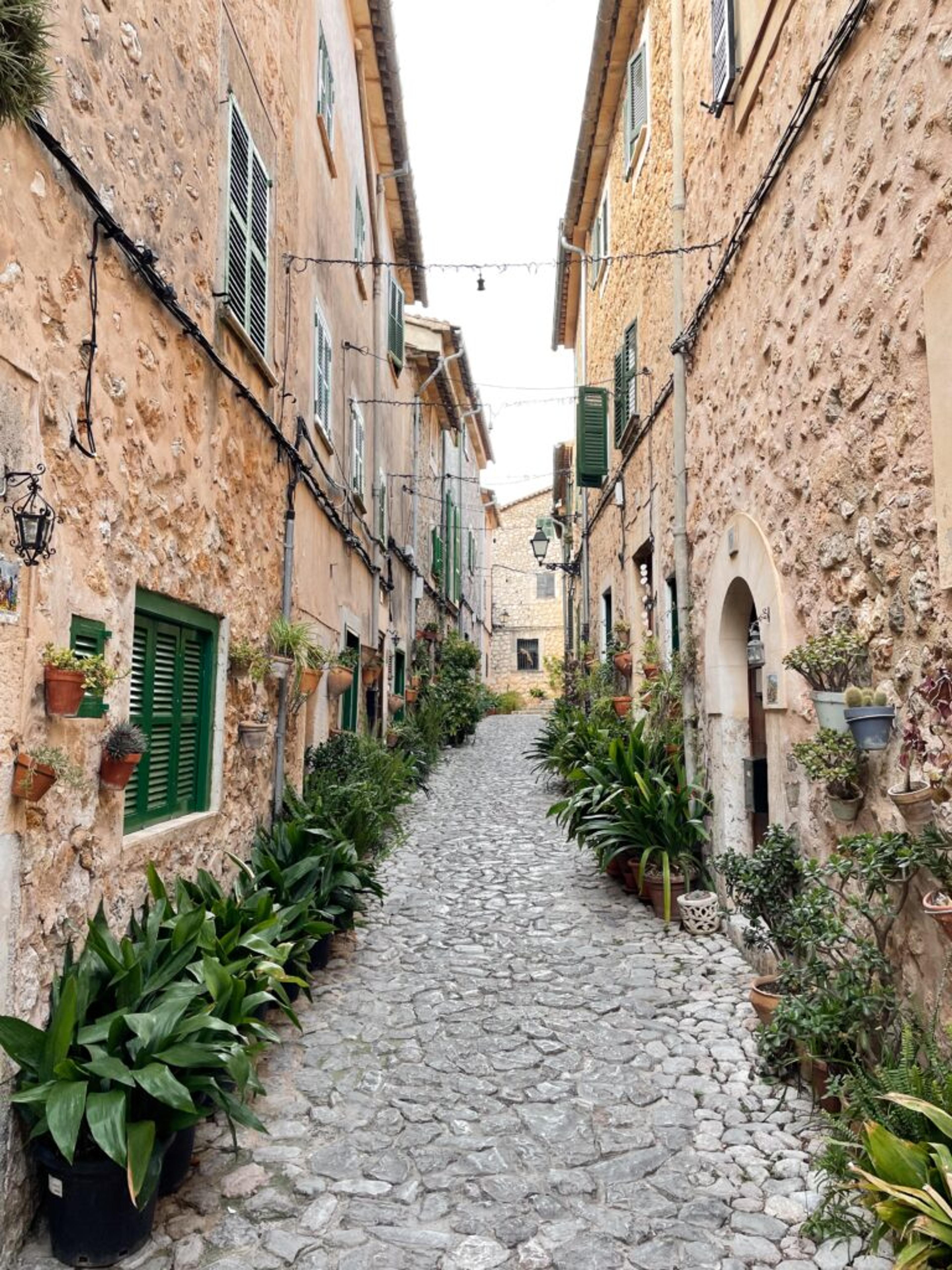
Where to stay in Mallorca: Alaró Natura Rural Suites
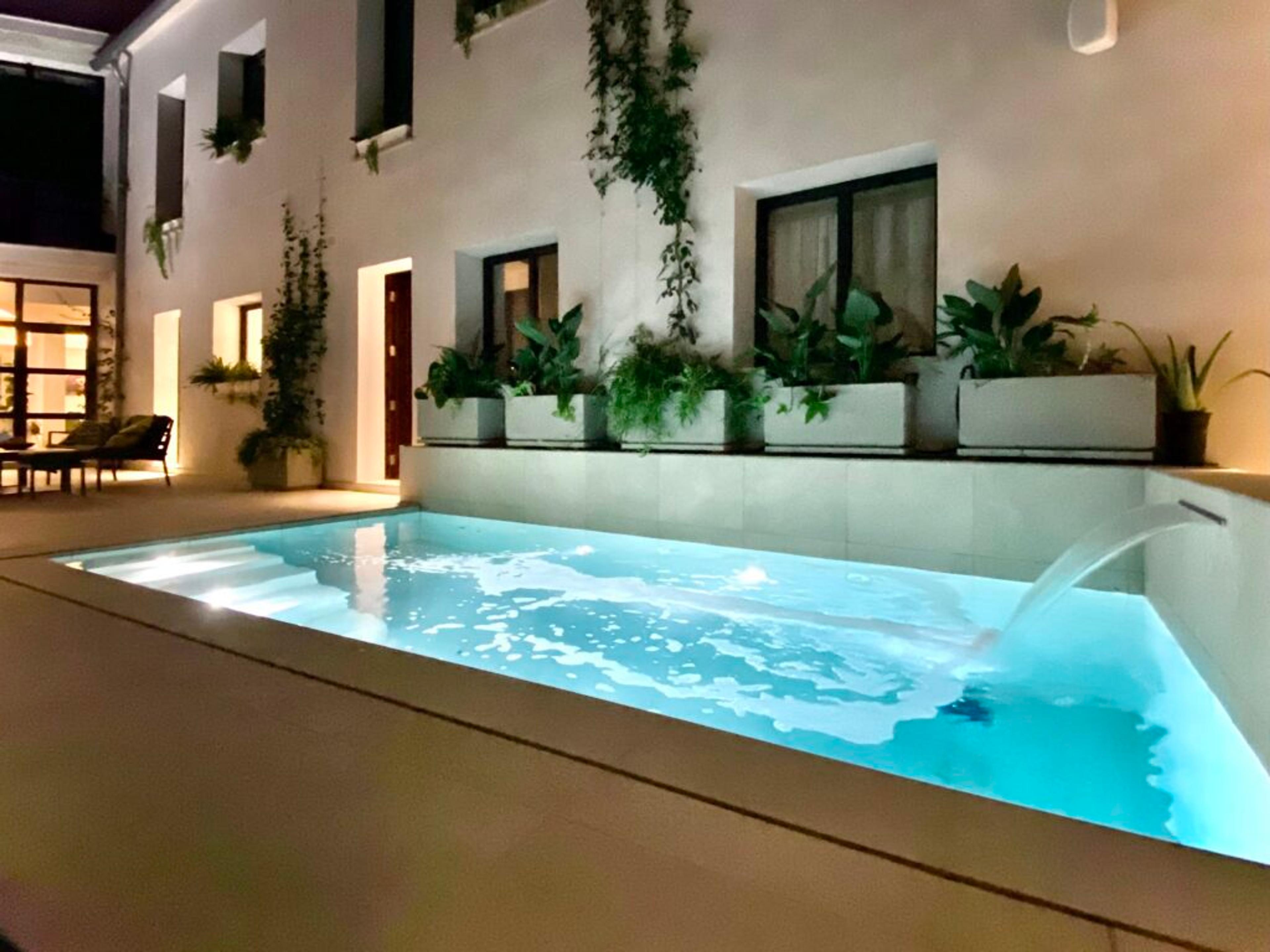
This family-owned boutique hotel is located in the middle of Alaró town and is the perfect base for those seeking a sustainable stay in Mallorca. Soak up the picturesque natural surroundings both outside and inside the hotel. Dotted around the communal areas you’ll spot plenty of green, and each nature-inspired room even comes with its own tree for you to take care of during your stay which will later be planted in a reforestation area. The swimming pool featuring a vertical garden will be well-received by hikers and cyclists looking for a dip after a busy day of exploring the local wilderness.
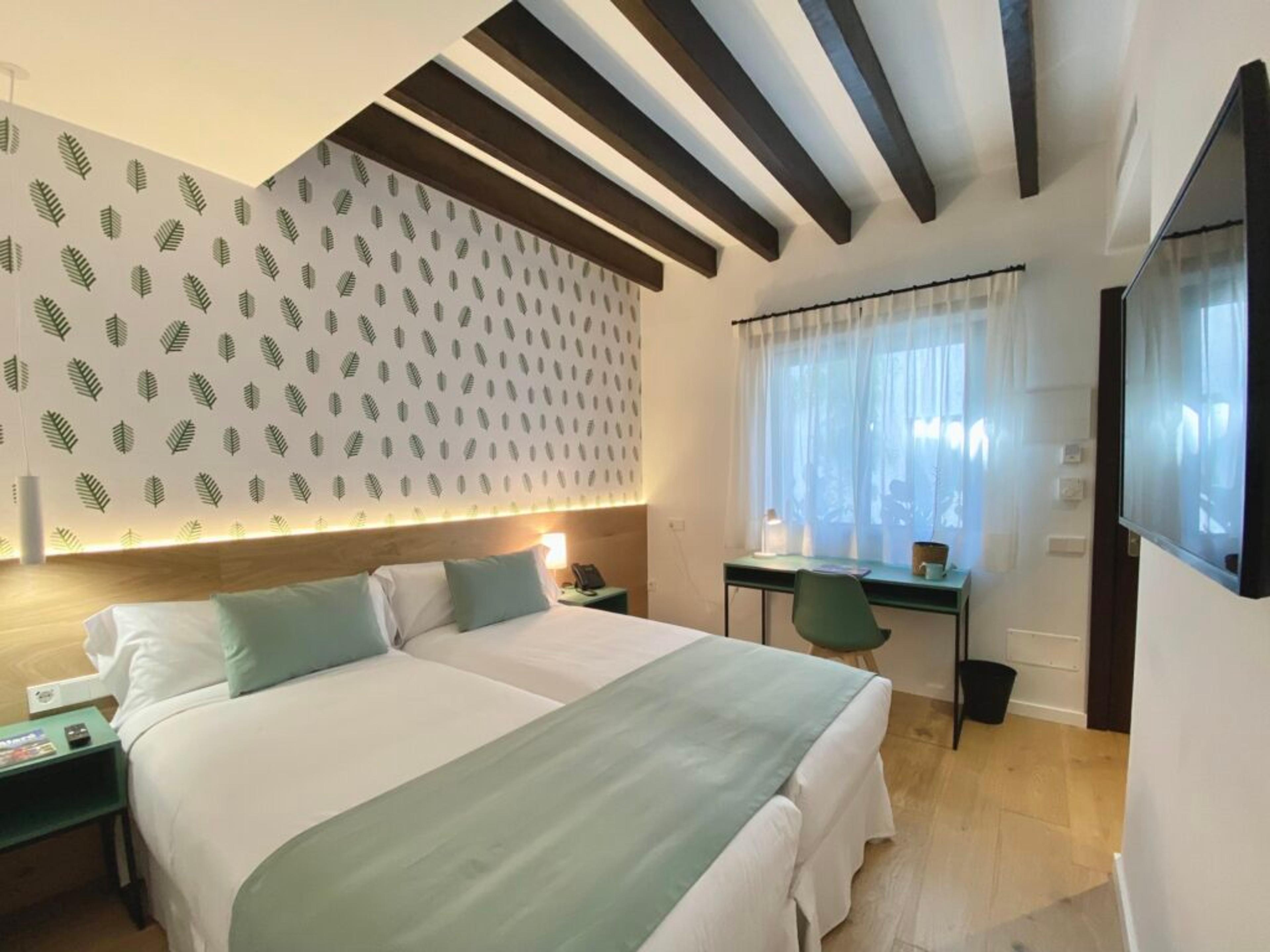
Prices start at 99 € per room (for two people and including breakfast and a bottle of ecological wine). Visit the website here.
Explore Ibiza the sustainable way
When we talk about sustainable trips, Ibiza is possibly not the first destination to spring to mind. But this island is successfully shaking off its former party-girl reputation, offering so much more than just beach bars and super clubs. Ibiza is indeed an incredibly spiritual island and offers a diverse, rugged landscape that may not be expected. It also boasts a strong focus on implementing sustainable programmes to create a greener, eco-friendly destination.
One major project that benefits from the sustainable tourism tax is the protection of the Posidonia Oceanica. Also known as ‘neptune grass’ this is a seagrass species that is endemic to the Mediterranean Sea and is vital to the underwater eco-system. The seagrass grows slowly forming vast meadows. The key benefit? Capturing Co2 producing oxygen and protecting sandy coastlines from erosion. Investment from the tax has allowed for greater protection of this important seagrass species, with enhanced communication and tighter restrictions as to where boats may dock.
Whilst in Ibiza, look to support key local businesses who are making great use out of the island’s natural resources. Stop by quaint family-owned local vineyard, Bodegas Can Rich, to enjoy a guided tour and sample delicious organic local wines. Or why not give your hand to creating your very own alcoholic spirits in the herb gardens at FLUXÀ Ibiza? A memorable and unique experience, and you can even take the fruits of your labour home to enjoy at a later date.
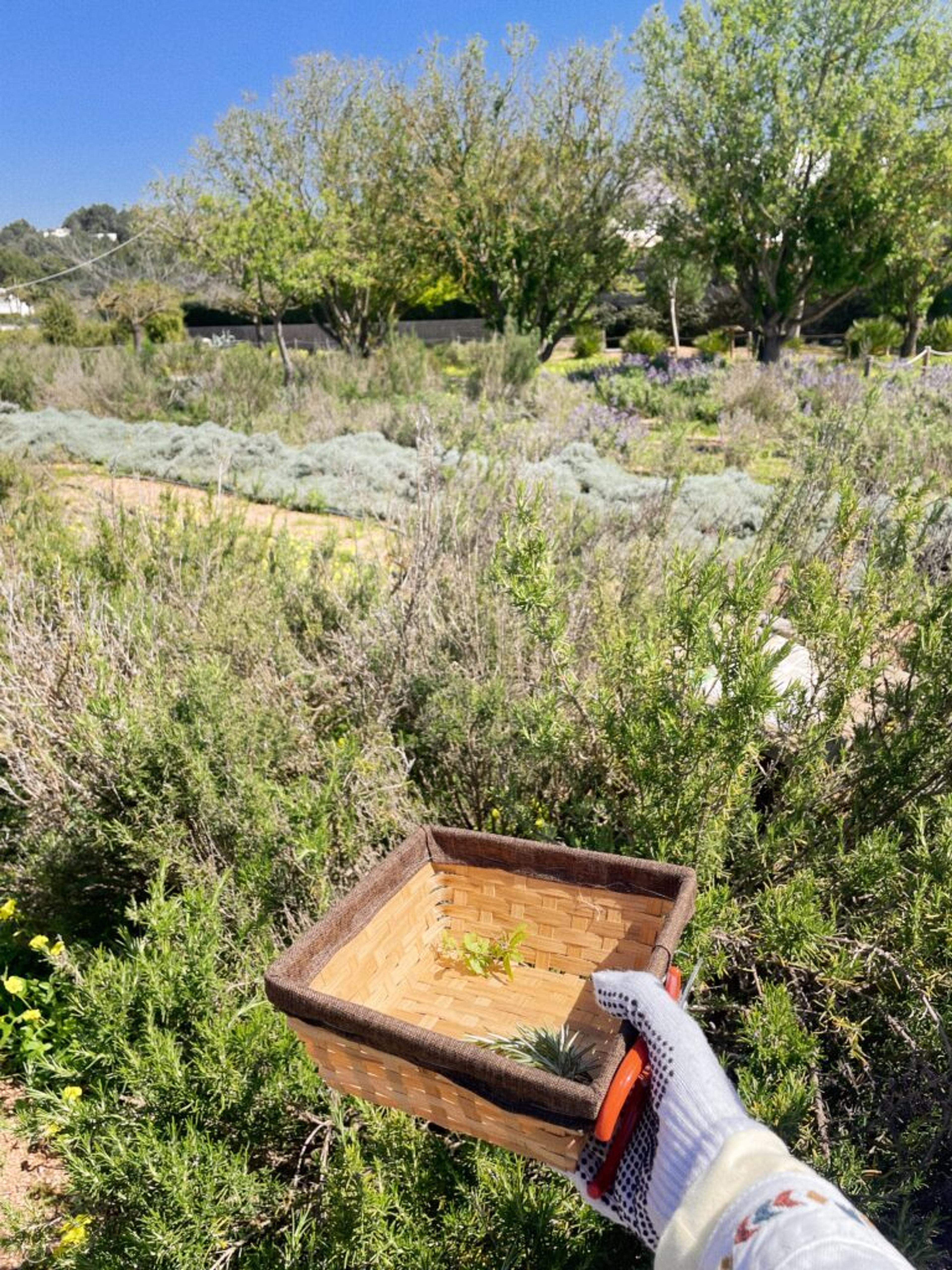
Where to stay in Ibiza: Can Lluc
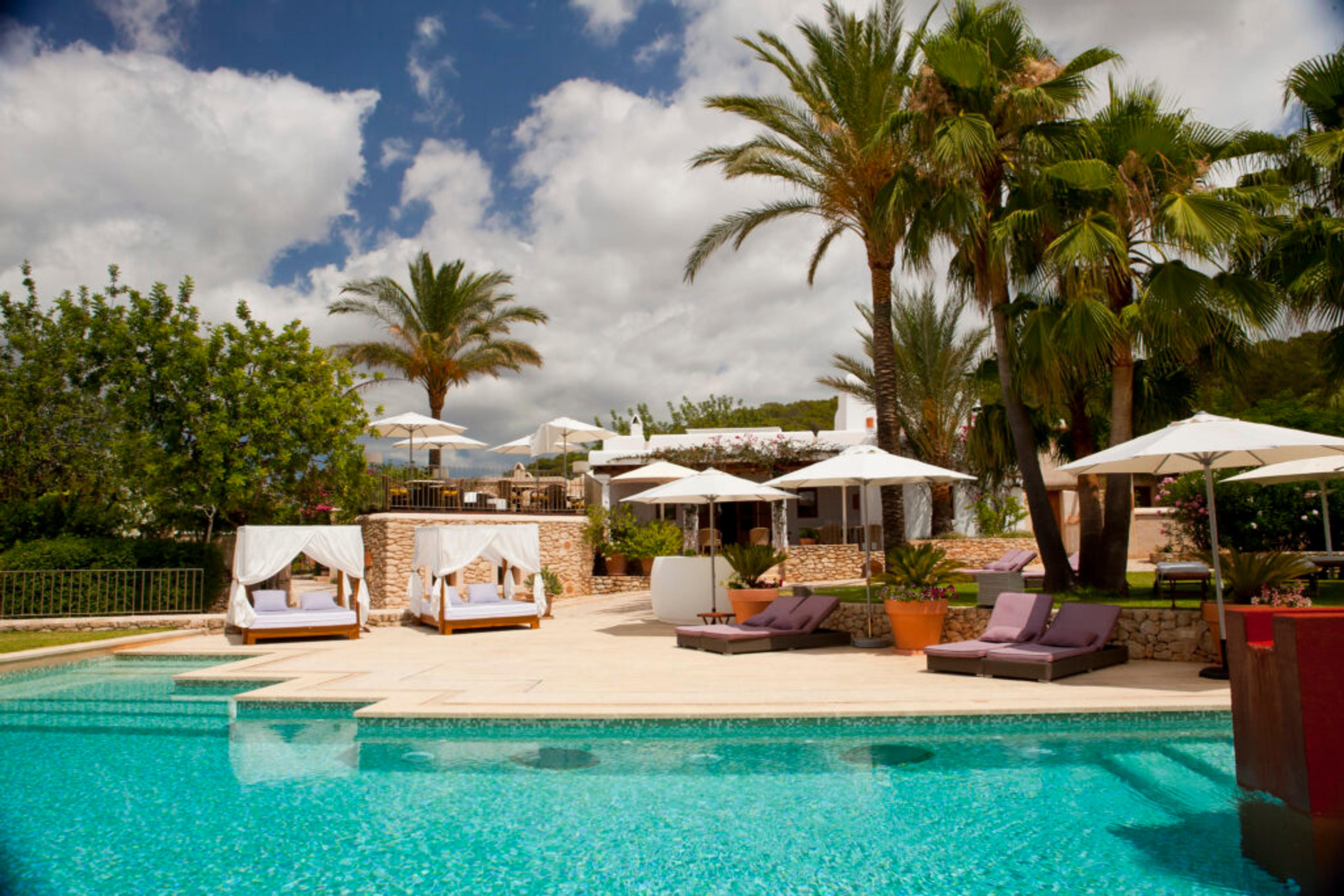
This family-owned boutique hotel combines traditional rustic charm with a more modern aesthetic found in the newer sections of the hotel. Situated just fifteen minutes from Ibiza Old Town, and around twenty minutes from the local’s-favourite spot, Talamanca Beach, Can Lluc is perfectly positioned to discover the very best of Ibiza. Surrounded by fields, forests, fruit trees, and 2000 grapevines, you’ll feel truly immersed in nature. It’s an area of high ecological value, and at times it’s easy to forget you’re in the middle of Ibiza. The resident chefs embrace local produce with a ‘slow life’ inspired dinner menu that features many mouth-watering Mediterranean dishes. Guests can enjoy a small but well-equipped fitness studio, and if your muscles need a little TLC, you’ll be pleased to know that tailor-made massages can also be booked. There’s also the opportunity to take part in your own private yoga lessons, we can’t think of a better location to relax into a child’s pose.
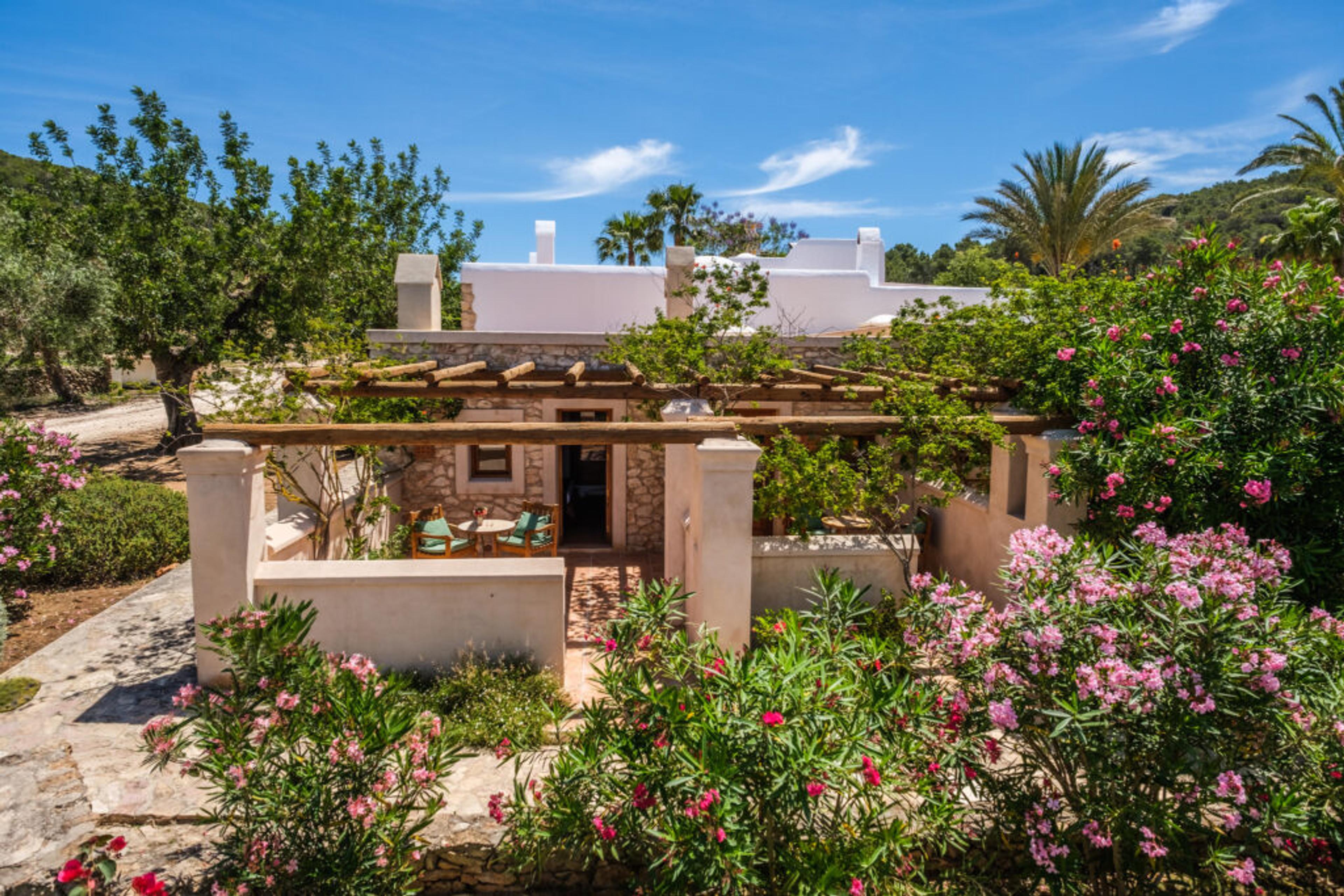
Prices start at 379,50 € (for a Deluxe Terrace room for two people, including breakfast). Visit the website here.
With these fantastic eco-led projects that have been able to thrive thanks to the sustainable tourism tax, you can relieve yourself of traveller’s guilt and be comforted in the knowledge that you’re supporting a greater cause. Without this significant investment available, it would be incredibly challenging for local authorities to fund such meaningful initiatives. Suitcases at the ready…

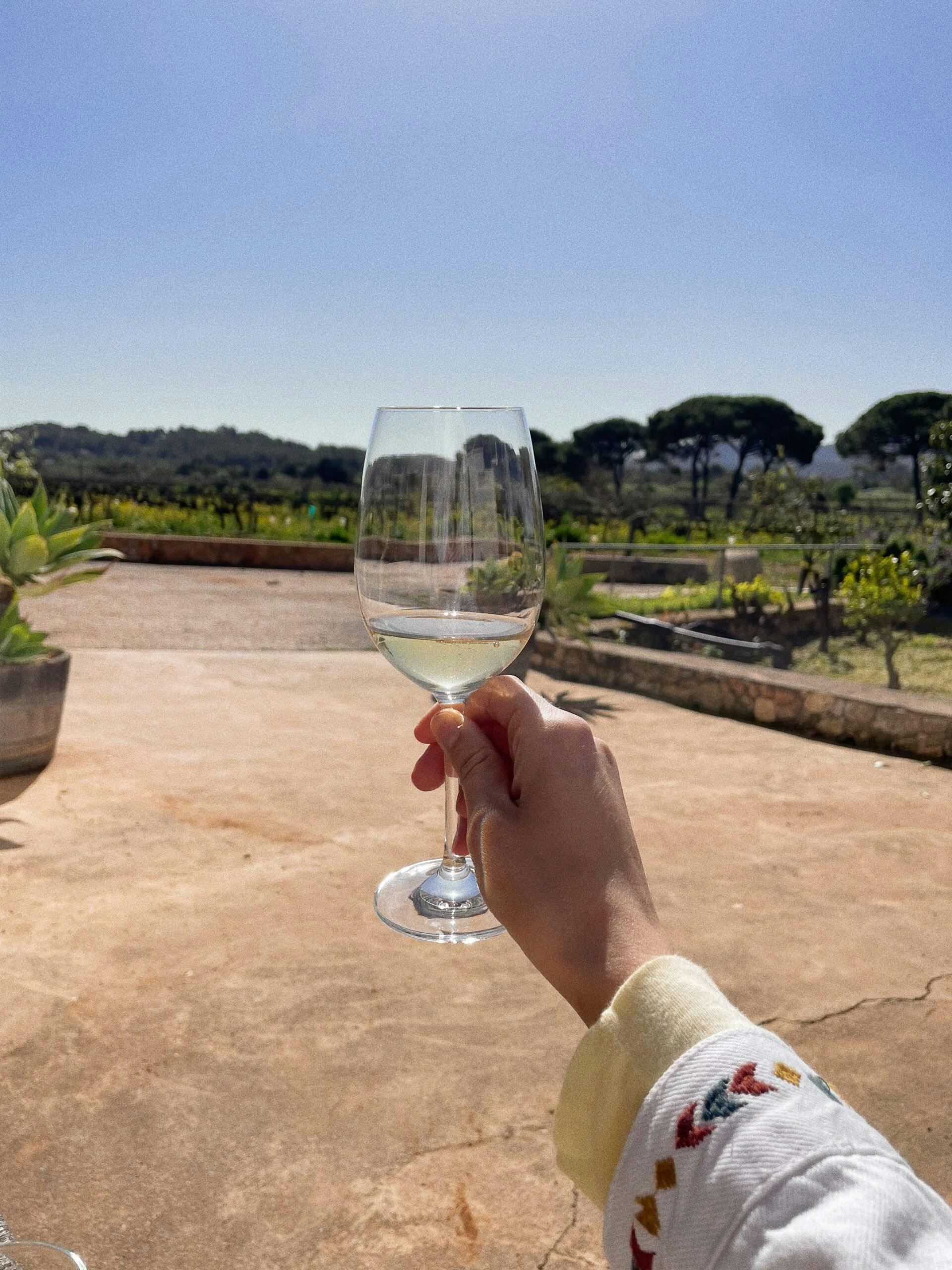
Comments are closed.